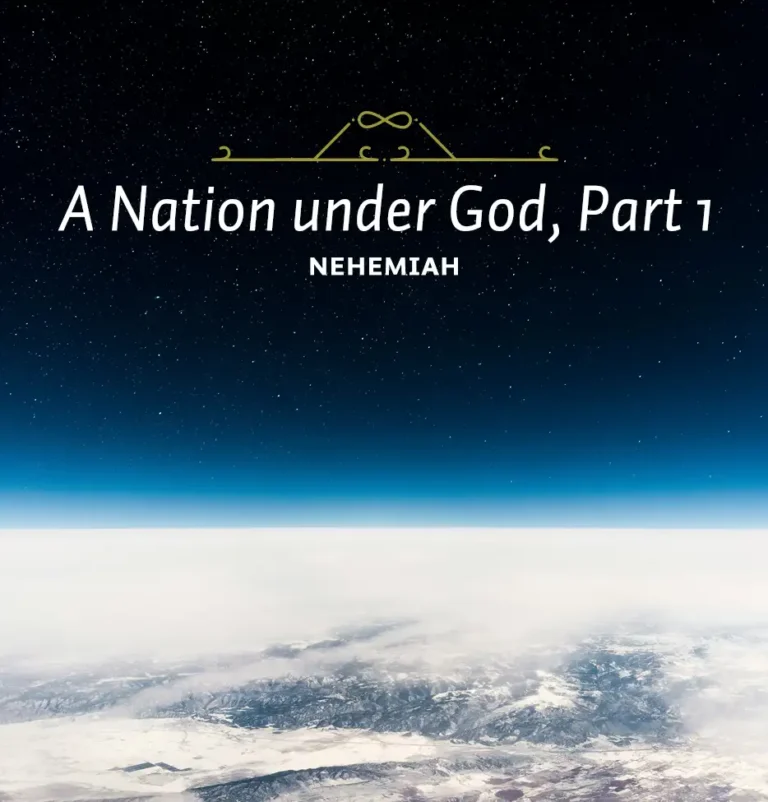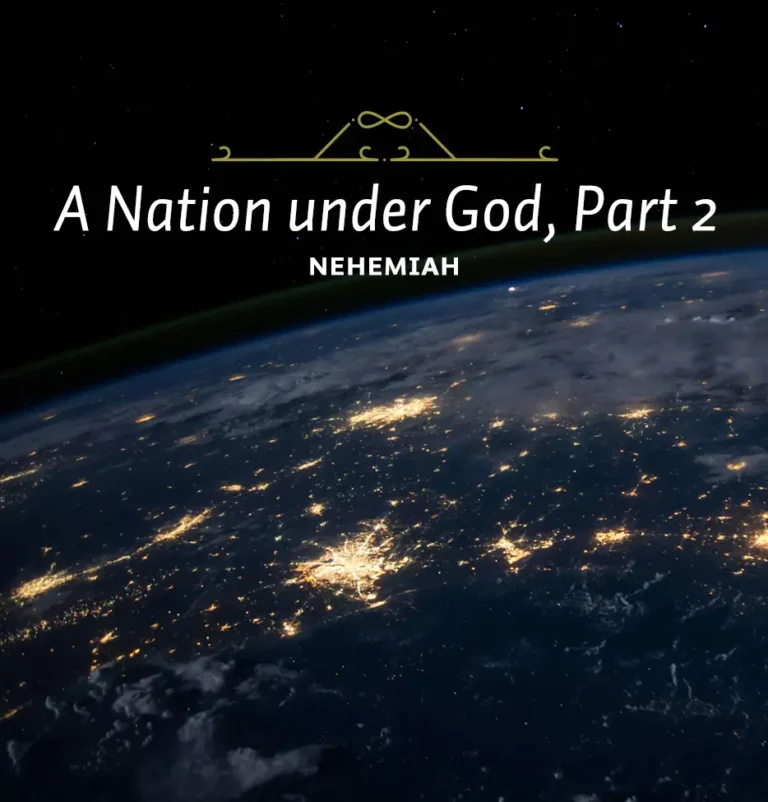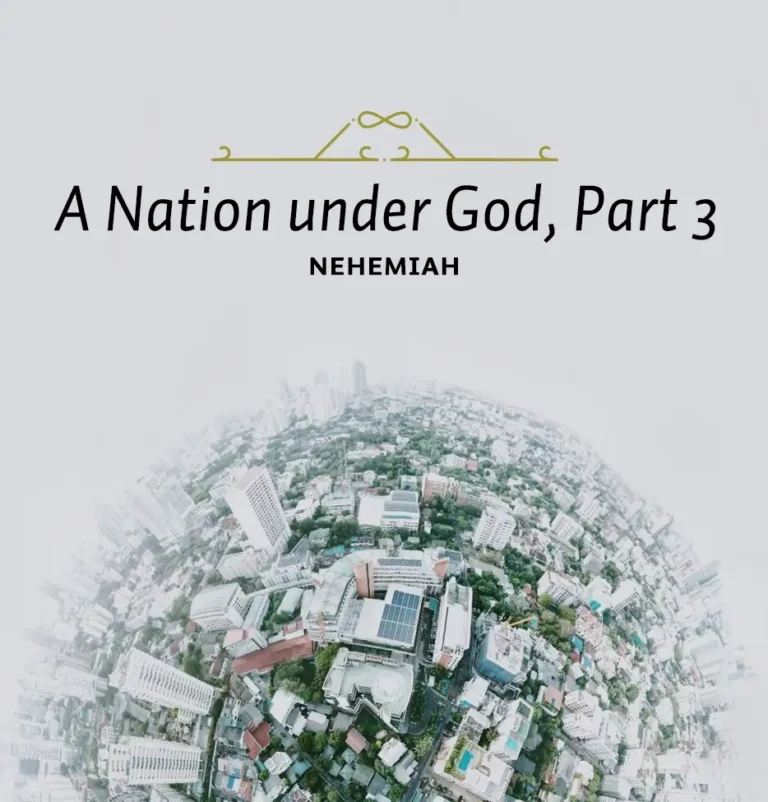The second, major part of the Levites’ prayer is a review of Israel’s history. It begins with God’s calling of Abraham (vv. 7-8), as Genesis does. The people must have been thinking about the actual text of Genesis at this time, for Nehemiah 9:7 contains the only Old Testament reference after Genesis to the changing of Abraham’s name from Abram to Abraham (cf. Gen. 17:5). The name change calls attention to the unilateral way in which God dealt with Abraham, a point made repeatedly throughout this section. Notice that God is the subject of every action. But unlike God, who kept His promises, the people (so it is implied) did not keep theirs. God was utterly faithful; they were not.






